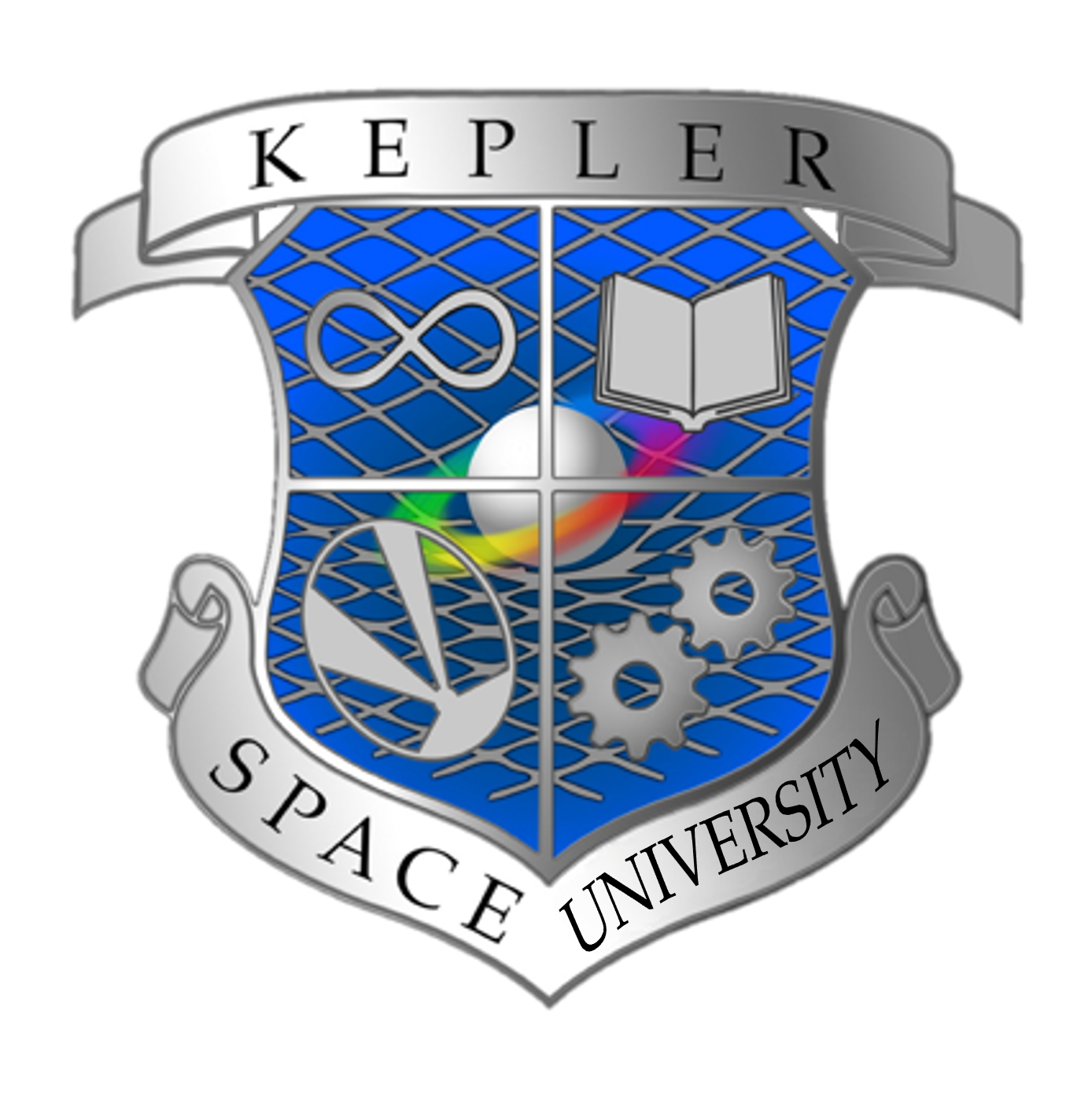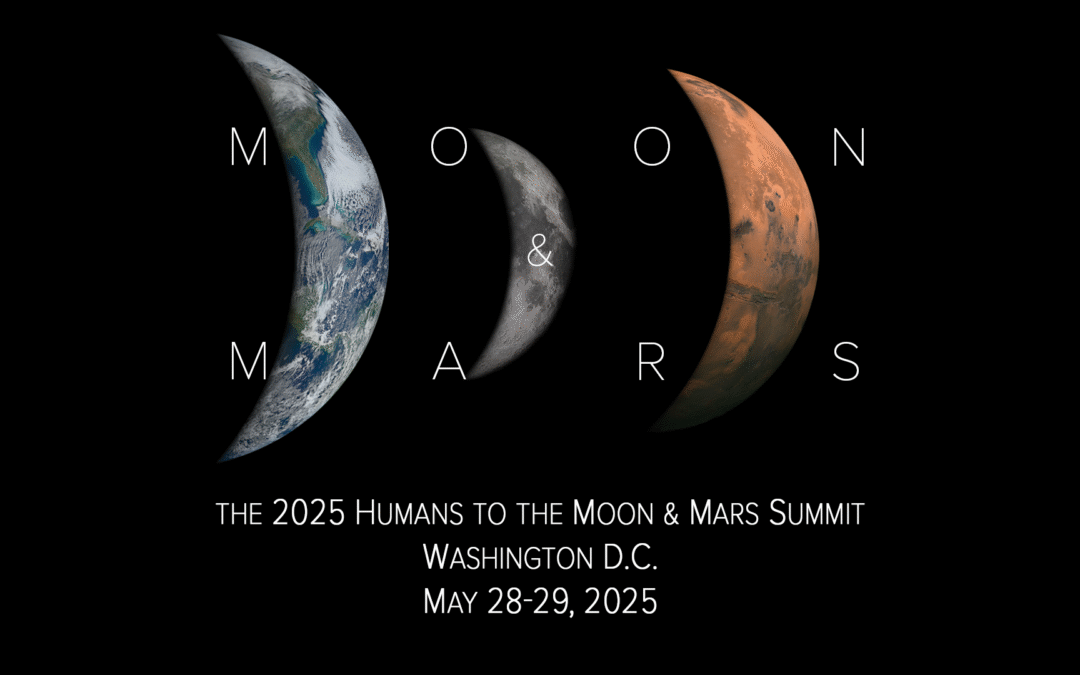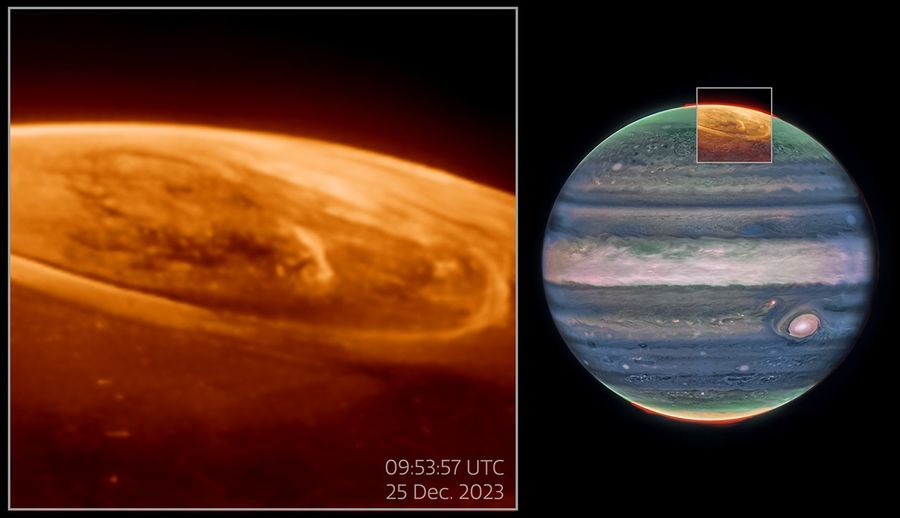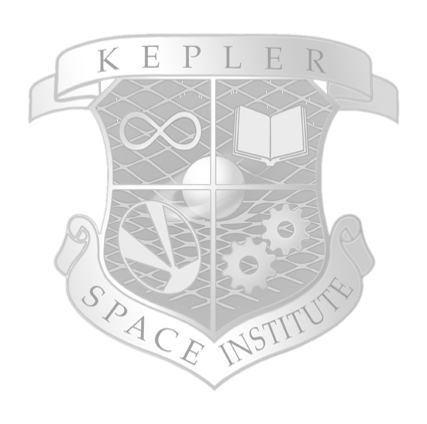The Master of Science (M.S.) Degree is an interdisciplinary program providing opportunities for those interested in advancing the development of Human Space Exploration and Space Settlements. The M.S. Program features coursework, research training, and collaborations with faculty in a research-led culture emphasizing rigor, creativity, and innovation. Students will join industry leaders to help guide the sustainable development of Space, and with the support of commercial and international partners will conduct impactful research in space-related fields to enable human expansion from Earth to Space.
The objective of the M.S. program is to provide graduate students, who have that developed a high level of knowledge in the field of human space exploration, with expertise in specific aspects of space studies, space settlements, space systems. R&D in space science, and excellence in writing and oral communication. M.S. graduate will possess a strong foundation on which they can be highly successful in science-related positions in government, industry, and other institutions, or carry out high quality research at the PhD level. Graduates of the program go on to become the future stewards of their discipline. They will generate knowledge and contribute to the future of space exploration.
MASTER OF SCIENCE PROGRAMS
Master of Science (M.S) Degrees
The Master of Science (M.S.) Degree is an interdisciplinary program providing opportunities for those interested in advancing the development of Human Space Exploration and Space Settlements. The M.S. Program features coursework, research training, and collaborations with faculty in a research-led culture emphasizing rigor, creativity, and innovation. Students will join industry leaders to help guide the sustainable development of Space, and with the support of commercial and international partners will conduct impactful research in space-related fields to enable human expansion from Earth to Space.
PROGRAM OPTIONS
MASTER OF SCIENCE DEGREE (M.S. COURSE-BASED)
Complete a total of 36 credit hours, with all 21 credit hours comprised of Core Courses, and 15 additional credit hours from the Technical Specialization Tracks. The program is designed for professionals who have been with government, industry, or private practice and who wish to return for upgrading and specialization.
MASTER OF SCIENCE DEGREE (M.S. PROJECT-BASED)
Complete a total of 36 credit hours, with all 21 credit hours comprised of Core Courses, and 15 additional credit hours from Technical Specialization Tracks, including the completion of a project under the supervision of a faculty member. Students will select a research topic, perform experiments, computation, or analysis relevant to the topic, and report their results. The project-based degree is designed to train academics in planning, conducting, evaluating and reporting leading original research with a high degree of competence and integrity.
MASTER OF SCIENCE DEGREE (M.S. THESIS-BASED)
Complete a total of 36 credit hours, with all 21 credit hours of comprised Core Courses and 15 additional credit hours from the Technical Specialization Tracks, including the completion of a thesis under the supervision of a faculty member. Students will select a research topic, perform experiments, computation, or analysis relevant to the topic, and report their results. The thesis-based degree is designed to train academics in planning, conducting, evaluating and reporting leading original research with a high degree of competence and integrity.




